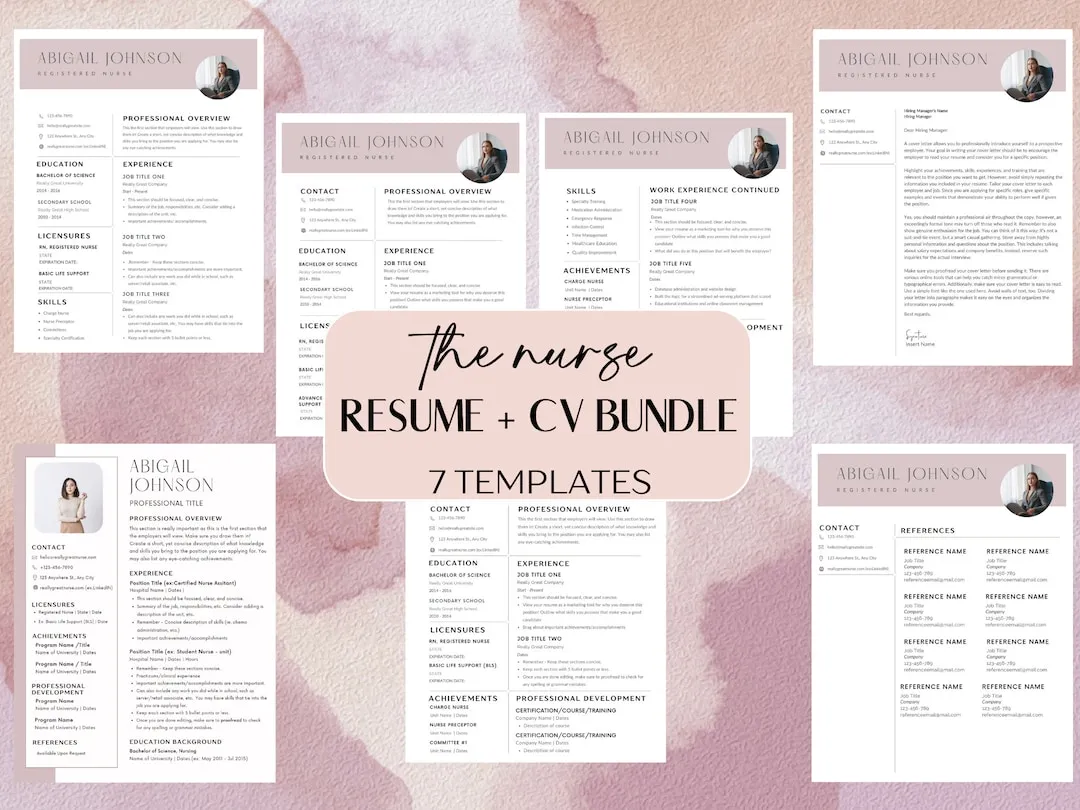Why a Nurse Resume Cover Letter is Crucial
In the competitive world of nursing, a well-crafted nurse resume cover letter can be your golden ticket to landing your dream job. While your resume provides a snapshot of your skills and experience, a cover letter gives you the opportunity to connect with the hiring manager on a personal level. It allows you to demonstrate your passion for nursing, highlight specific achievements, and explain why you are the perfect fit for the role. In essence, it’s your first impression, and a strong one can set you apart from other qualified candidates. A compelling cover letter will not only showcase your qualifications but also your personality and commitment to patient care, critical elements in the nursing profession. Don’t underestimate its power; it’s your chance to shine.
What to Include in Your Nurse Resume Cover Letter
Your nurse resume cover letter should be a carefully constructed narrative that sells your skills and suitability for the position. It should be tailored to the specific job and hospital or clinic you are applying to. Generic cover letters are easily spotted and often disregarded. To make a lasting impression, you need to include several key components. This includes accurate contact information, an engaging opening, a strong demonstration of your skills and experience, quantifiable achievements to demonstrate your impact, a section showing your passion and how well you fit the company’s culture, and a clear call to action at the closing. Each of these elements should be integrated seamlessly to present you as a highly qualified and enthusiastic candidate.
Contact Information
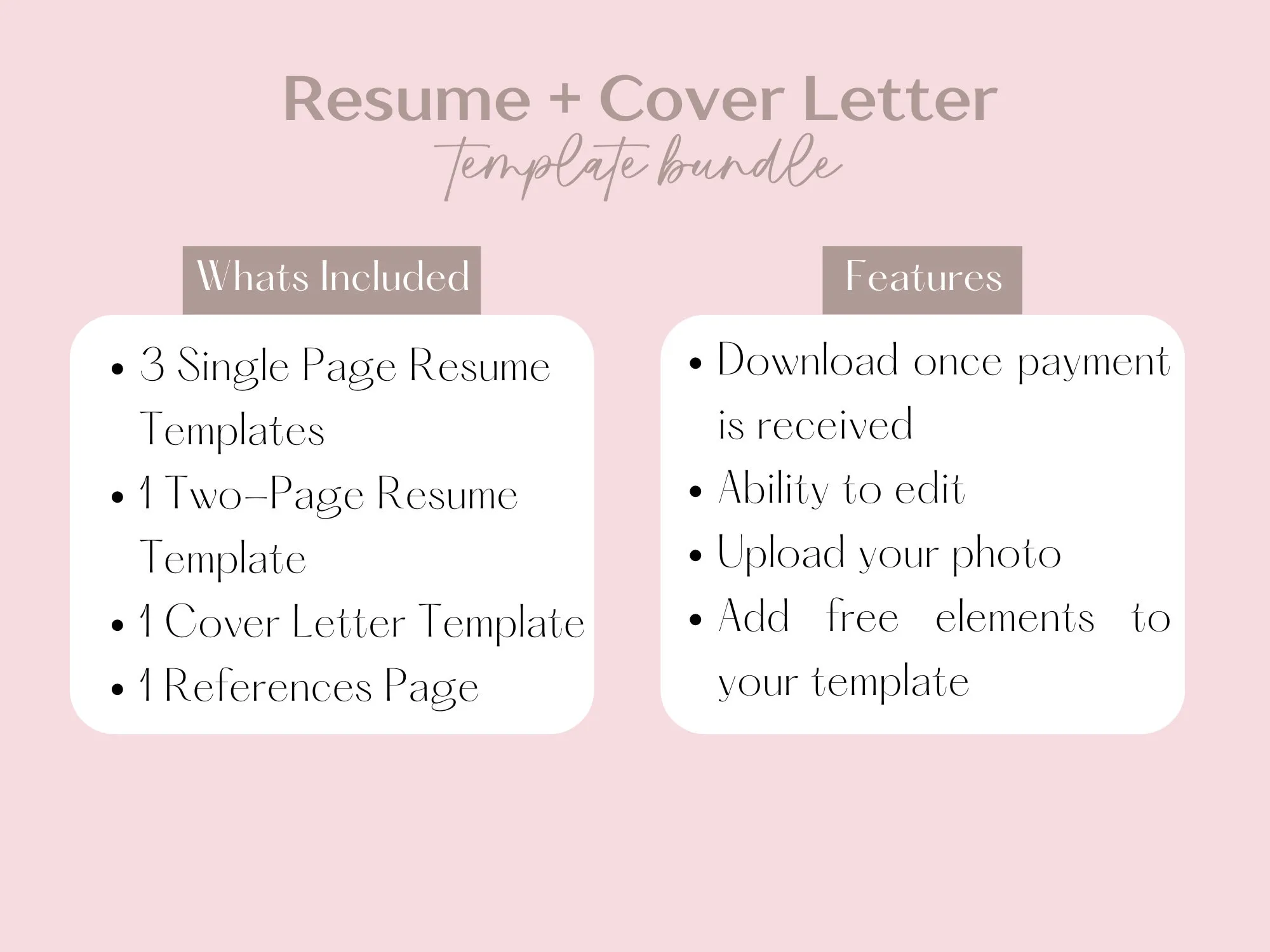
Start with your full name, address, phone number, and professional email address. Ensure the email address is professional and easy to read. Place this at the top, either left-aligned or centered. This simple step ensures the recruiter or hiring manager can easily reach you. Make sure your contact details are accurate and up-to-date, as a small error can lead to missed opportunities. This is the bare minimum, but it is crucial for the recruiter to know how to reach you.
Opening: Grab Their Attention
The opening paragraph is your first chance to make a strong impression. Start with a sentence that immediately captures the reader’s attention. Mention the specific position you are applying for and where you found the job posting. If you know someone at the company, mentioning their name can provide a personal touch. Briefly state your interest in the role and the company, highlighting what makes you a strong candidate. Avoid generic phrases; instead, show enthusiasm and a clear understanding of the job requirements. This initial hook will set the tone and encourage the reader to continue reading the rest of your letter. Use language that shows your passion for nursing and your commitment to providing quality patient care.
Highlighting Skills and Experience
This is the core of your cover letter. Focus on the skills and experiences most relevant to the job. Review the job description carefully and identify the key requirements. Use the STAR method (Situation, Task, Action, Result) to describe your accomplishments in previous roles. For each skill or experience you highlight, provide specific examples that demonstrate your ability to perform the required tasks. Include technical skills, such as medication administration or electronic health record (EHR) proficiency, and soft skills, like communication, teamwork, and problem-solving. Tailor this section to the specific needs of the employer to show that you understand and can fulfill their expectations. Focus on what you have learned and the positive results you have achieved.
Quantifying Achievements
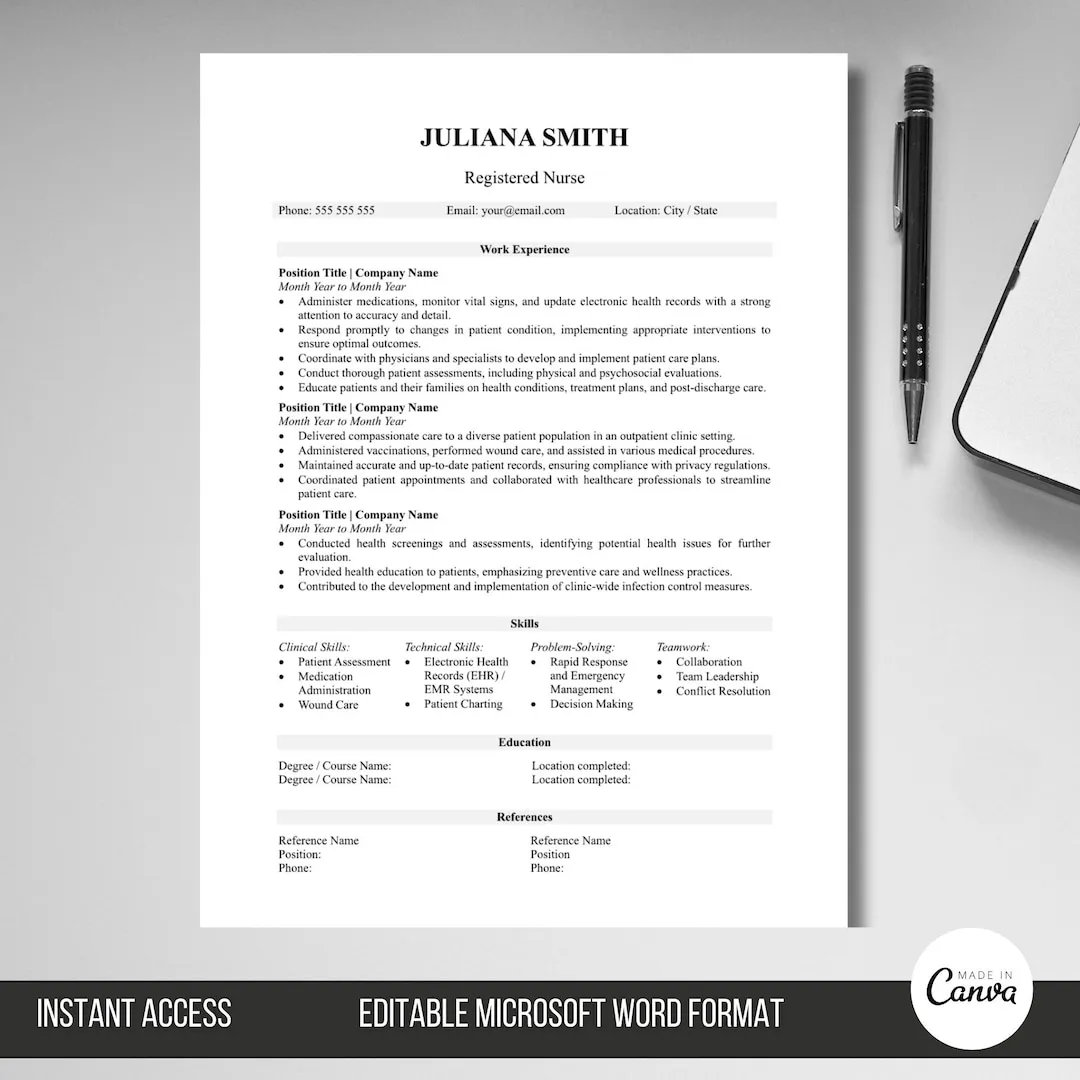
Whenever possible, quantify your achievements to make a stronger case. Use numbers to show the impact of your work. For example, instead of saying “Improved patient satisfaction,” say “Improved patient satisfaction scores by 15% through implementing a new communication protocol.” Use metrics and statistics to demonstrate your value. This could include the number of patients you cared for, the percentage of successful outcomes, or any other measurable results. Highlighting quantifiable achievements provides concrete evidence of your skills and abilities. This not only demonstrates your competency but also gives the hiring manager a clear understanding of the value you bring to the table, making your application more compelling.
Showcasing Passion and Fit
Express your enthusiasm for nursing and your commitment to patient care. Explain why you are interested in the specific role and the healthcare organization. Research the company’s mission, values, and culture. Demonstrate how your values align with theirs. Highlight any experiences or interests that show your passion for nursing. Mentioning specific aspects of the role or the organization that appeal to you demonstrates genuine interest and can make you stand out. Be authentic and let your personality shine through. Sharing your aspirations in the field reinforces your commitment and long-term goals, making you an attractive candidate. Focus on how you can contribute and why this opportunity excites you.
Call to Action and Closing
End your cover letter with a clear call to action. Express your eagerness to discuss your qualifications further and request an interview. Thank the hiring manager for their time and consideration. Reiterate your contact information. Keep your tone professional and confident. Proofread the entire letter for any errors. A strong closing statement leaves a positive final impression. A well-crafted close is the last thing the hiring manager will read, so make it memorable. By politely requesting an interview, you show that you are proactive and truly interested in the position. The closing should be concise and leave the reader with a positive image of you.
Formatting and Design Tips
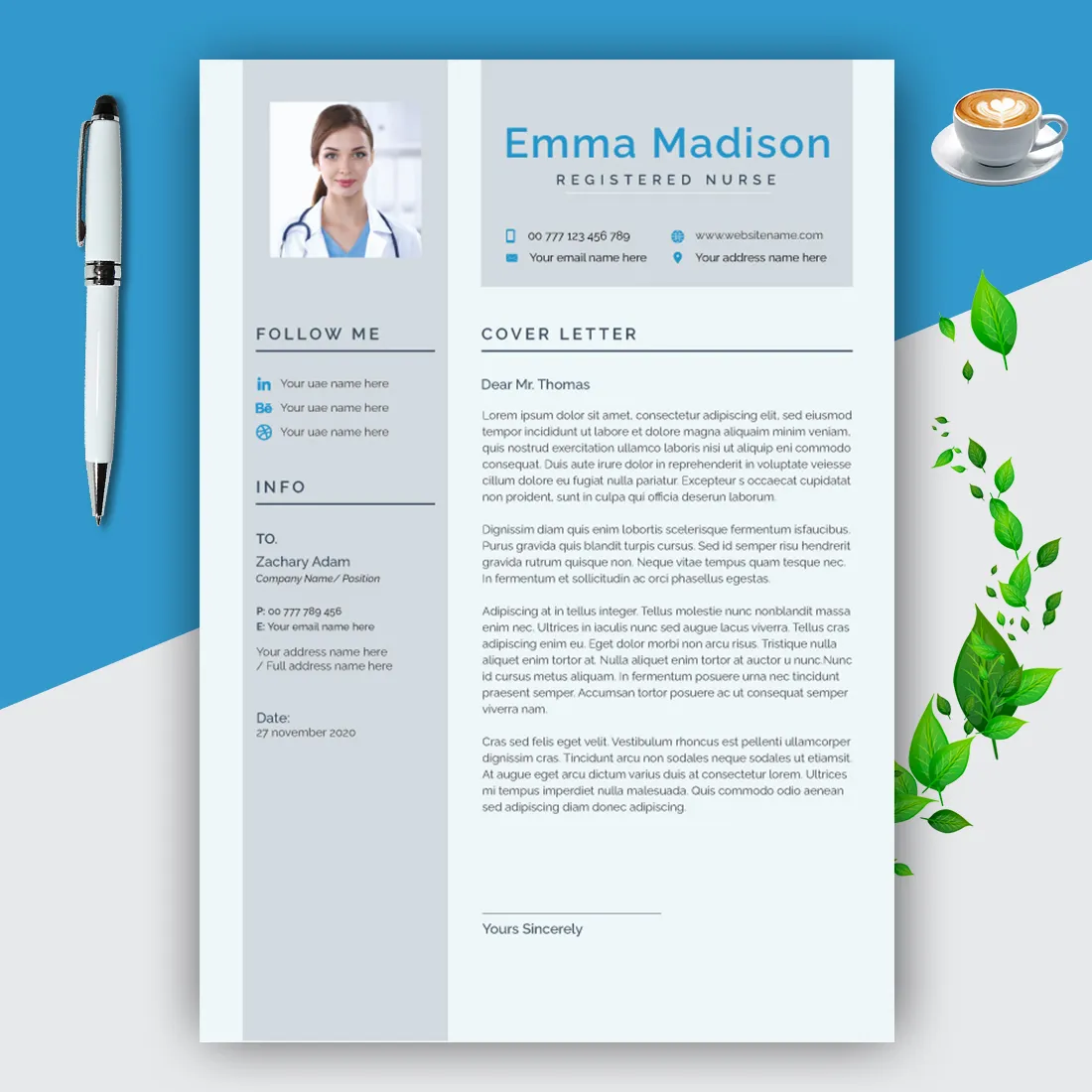
The layout of your cover letter is as important as the content. Proper formatting makes your letter easy to read and professional in appearance. Use a standard font like Times New Roman or Arial, in a readable size (11 or 12 points). Keep your letter concise, ideally within one page. Use clear headings and subheadings to organize the content. Use white space effectively to avoid a cluttered appearance. Ensure that the letter is well-aligned and visually appealing. A neat and organized cover letter demonstrates your attention to detail, a key skill in nursing. This includes proper spacing, clear paragraphs, and avoiding lengthy blocks of text. Your cover letter is a reflection of your professional presentation.
Choosing the Right Font and Layout
Select a professional font that is easy to read, such as Times New Roman, Arial, or Calibri. Ensure the font size is between 11 and 12 points. Choose a layout that is clean and uncluttered. Use standard margins (1 inch on all sides). Align the text to the left, and use a single-spaced format with a space between paragraphs. Proper spacing and a well-designed layout make it easier for the hiring manager to read and understand your letter. The overall design should be balanced and visually appealing. Use bolding and italics sparingly, and only to emphasize key points.
Proofreading and Editing
Proofreading and editing your nurse resume cover letter are absolutely critical. Errors can damage your credibility and may lead to your application being rejected. Carefully review the entire letter for any typos, grammatical errors, or inconsistencies. Use spell-check and grammar-check tools, but do not rely on them solely. Read the letter aloud to catch any awkward phrasing or sentences that don’t flow well. Ask a friend or mentor to review it as a second pair of eyes can often catch mistakes you might miss. Ensure that the letter is free from errors before submitting it to maximize your chances of success.
Common Mistakes to Avoid
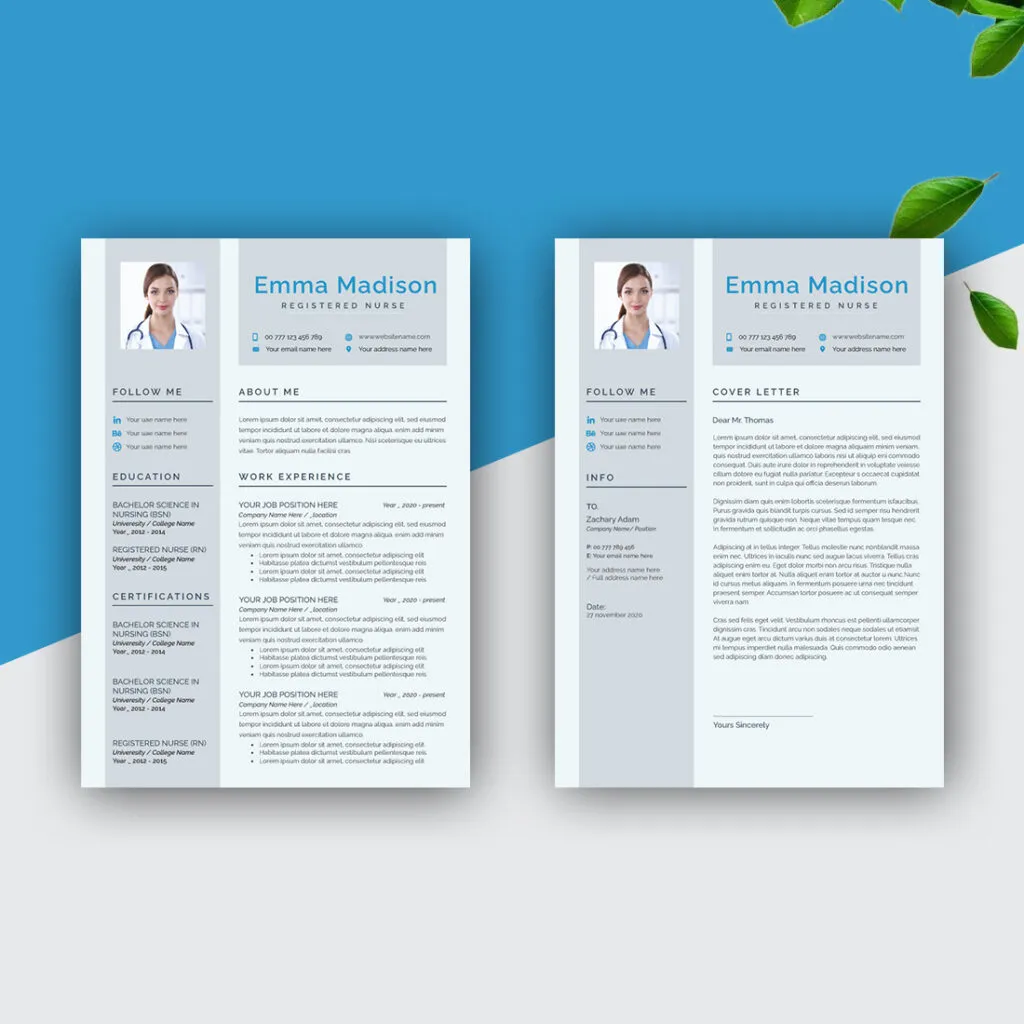
Certain mistakes can undermine even the most well-written nurse resume cover letter. Avoid these pitfalls to enhance your chances of success. Pay attention to the details and ensure that every element of your letter is polished and professional.
Generic Cover Letters
Avoid using a generic cover letter that you send to every job. Generic letters fail to show genuine interest and fail to address the specific requirements of the job. Always tailor your cover letter to the specific position and the healthcare organization. Research the organization and highlight the skills and experiences that align with their needs. Personalize your cover letter to create a strong connection with the hiring manager. Demonstrate that you have taken the time to understand the organization and the role, and that you are a strong candidate.
Typos and Grammatical Errors
Typos and grammatical errors can immediately damage your credibility. Such errors show a lack of attention to detail, an essential trait in nursing. Always proofread your cover letter carefully. Utilize spell-check and grammar-check tools, but also manually review your letter to catch any mistakes the software might miss. Ask a friend, mentor, or career counselor to review your letter before submitting it. Ensuring your cover letter is error-free is essential for making a positive impression and increasing your chances of getting hired. A well-edited letter reflects your professionalism and competence, which is important in a healthcare environment.
Lack of Personalization
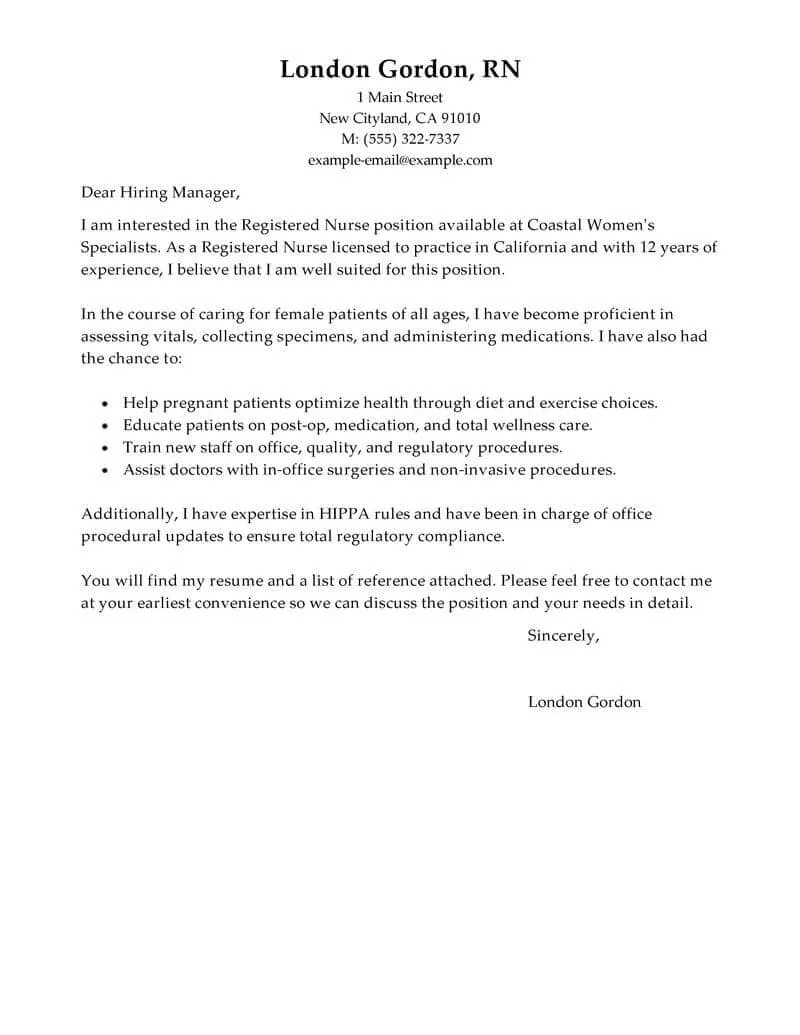
A cover letter that lacks personalization can make it difficult to connect with the hiring manager. Personalization includes addressing the letter to a specific person (if possible) and mentioning details about the organization or the role that resonate with you. Avoid using generic phrases and instead, show your genuine enthusiasm for the opportunity. Demonstrate that you have taken the time to understand the job requirements and the organization’s mission. Show how your values align with theirs. Highlighting your specific skills, experience, and accomplishments to show why you are the best candidate. This effort shows that you are seriously interested and that you are a well-rounded candidate.
Nurse Resume Cover Letter Examples
Reviewing examples of nurse resume cover letters can provide valuable insights into effective writing. These examples can give you a better understanding of how to structure your letter and what elements to include. This will help you to write a compelling cover letter that highlights your skills, experience, and enthusiasm. Use them as a guide to build your own perfect nurse resume cover letter.
Example 1 Registered Nurse
Dear [Hiring Manager name],
I am writing to express my interest in the Registered Nurse position at [Hospital/Clinic name], as advertised on [Job board/Website]. With [Number] years of experience in providing compassionate and skilled care to patients across various medical settings, I am confident in my ability to contribute to your team.
During my tenure at [Previous hospital/clinic], I was responsible for [Key responsibilities and achievements]. I am proficient in [List of skills such as medication administration, patient assessment, etc.]. I have a strong understanding of [Relevant medical knowledge]. I am also dedicated to creating a supportive environment for patients and their families.
I am particularly drawn to [Hospital/Clinic name]’s commitment to [Mention the hospital’s mission or values]. I am excited about the opportunity to work in an environment that promotes patient-centered care and continuous learning. Enclosed is my resume, which provides further detail on my qualifications.
Thank you for your time and consideration. I look forward to the opportunity to discuss my application further. I am available for an interview at your earliest convenience.
Sincerely, [Your Name]
Example 2 Licensed Practical Nurse
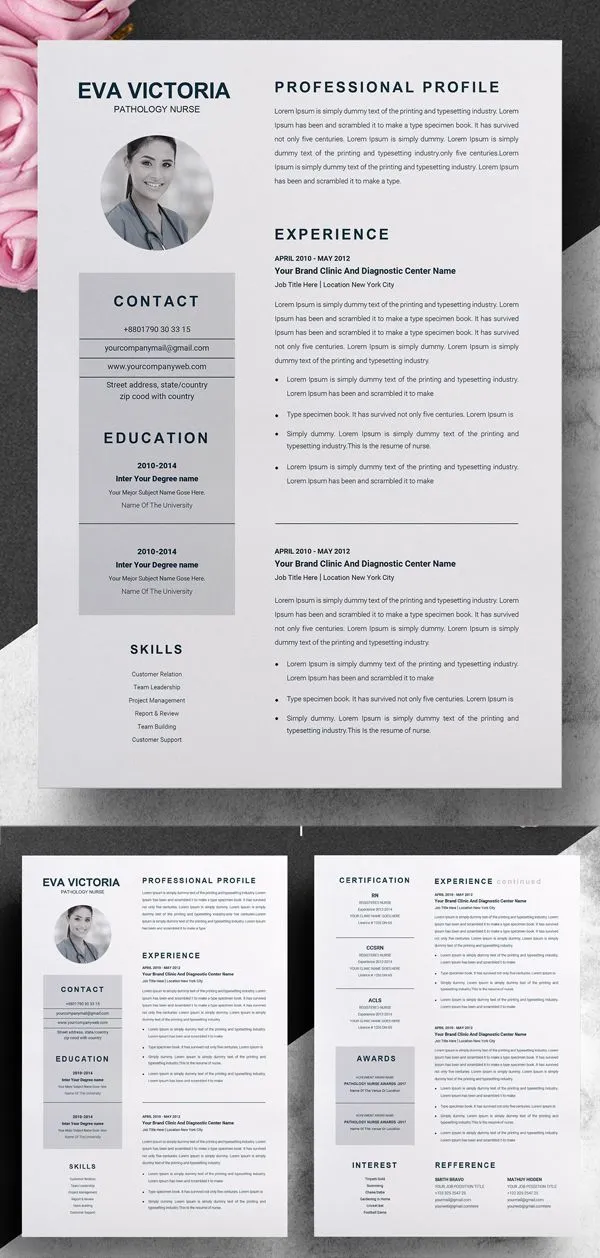
Dear [Hiring Manager name],
I am writing to express my interest in the Licensed Practical Nurse position at [Hospital/Clinic name]. As a dedicated LPN with [Number] years of experience providing direct patient care, I am enthusiastic about the opportunity to contribute to your healthcare team.
In my role at [Previous hospital/clinic], I excelled at [Key responsibilities and achievements]. I am skilled in [List of skills]. I am committed to ensuring patients receive the highest standard of care while maintaining a professional and respectful demeanor.
I am particularly excited about [Hospital/Clinic name]’s reputation for [Mention something specific about the organization]. I am keen to work in a setting that values teamwork and patient well-being. My resume, which is enclosed, provides more detail on my qualifications and experience.
Thank you for your time and consideration. I am eager to learn more about this opportunity and am available for an interview at your earliest convenience.
Sincerely, [Your Name]
Final Tips
Creating a perfect nurse resume cover letter requires careful planning and attention to detail. By following these guidelines, you can create a document that effectively showcases your skills, experience, and passion for nursing. Remember to tailor your letter to each job application and to proofread it thoroughly before submitting. Your cover letter is your chance to make a strong first impression, so make it count. The more you put into your cover letter, the better your chances are of landing your dream job in nursing. Use this as your guide and create your own compelling letter today.
